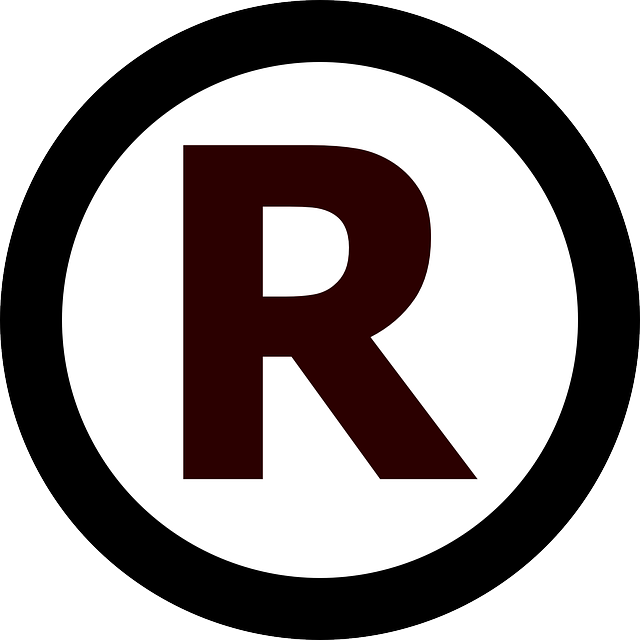When you own a business, you may not know whether it’s better to copyright or trademark your creations. You may not even know the difference! Despite both offering protections from unauthorized uses, trademarks and copyrights serve different purposes. If you’re interested in learning more about which may be best for your needs, you’ll want to keep reading. You should also consider reaching out to copyright infringement lawyers to help you learn about your rights.
What Does a Copyright Do?
Copyright protections are vital, as they protect the work someone creates. Generally, these protections are creative, such as films, music, literature, computer coding, architecture, research, and other original works. Though you can register this work with the United States Copyright Office, the creation of the content automatically protects it under copyright laws.
Copyrighting the work means that it cannot be reproduced or published without explicit permission from the author. For example, if a filmmaker wanted to include a song from a popular artist in their upcoming film, they must request permission and pay royalty fees associated with using another person’s copyrighted content.
What Does a Trademark Protect?
Generally, a trademark protects logos, slogans, business names, and brand names. There are also other elements of a brand that can be trademarked, but traditionally, any aspect of a brand that is instantly recognizable can be trademarked and protected.
For example, McDonald’s iconic “golden arches” are protected by a trademark, while Nike’s “Just do it” slogan is trademarked. However, shapes, such as the famous Coca-Cola bottle, are also protected under trademark. Even colors and scents can be subject to trademark rules.
How Do I Decide Which Benefits My Creations?
Though it can seem somewhat confusing, there is a clear distinction between copyrighted and trademarked content. Another essential difference is that while copyrights eventually expire, a trademark will not. This means that once something is trademarked, it will continue to have protections, so long as the product is still in production or use. The owner must continue to provide proof of its necessity every ten years.
When you’re looking for protection for your work, whether it’s a logo for your brand or a piece of art you created, you’ll want to connect with an experienced attorney to help guide you through the process. Similarly, if someone is using your work without your permission, a lawyer can help you receive the credit and compensation you deserve. Unfortunately, if someone uses your logo or business name for their own good, you may lose customers who mistakenly shopped at the other business. As a result, you are losing clients and profits.
If you have more questions or are ready to trademark or copyright your content, Copycat Legal is ready to help. Our team of attorneys can help provide the necessary guidance to protect the integrity of your content.

